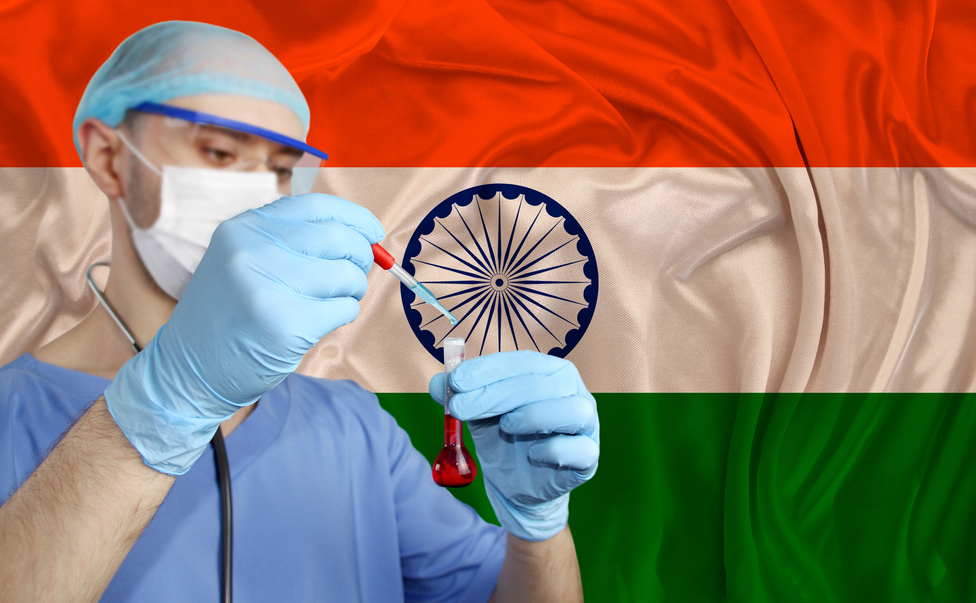New Delhi: As the world reels under the COVID-19 pandemic, terminologies like rapid antibodies test, RT-PCR test, hotspots and containment zones have sprung. Doctors explained for the common man what these testing and containment terminologies mean.
Types of tests
Two kinds of diagnostic tests are being used in India — RT-PCR and rapid antibodies test. The reverse transcription polymerase chain reaction (RT-PCR) test is a technique combining reverse transcription of RNA into DNA. It helps in detecting the COVID-19 virus. The antibody tests, which use blood, detect the body’s response to the virus, experts said.
“In RT-PCR, it is tested if the virus is present or not. A sample is taken from the respiratory tract of a person, throat swab or a sample from the naseopharyngal region. The sample is then tested. The results take about 12-24 hours,” said Delhi-based lung surgeon Arvind Kumar.
Kumar, who works at Sir Ganga Ram Hospital here, said, RT-PCR tests take time and are a costly affair because of its elaborate kit.
“The rapid antibodies tests are less expensive and the results can come in 20-30 minutes. It essentially tests if the antibodies in response the coronavirus infection has been generated or not,” added the surgeon.
The antibodies tests are generally used in hotspots where the infection is found concentrated in a given area. A hotspot is a zone from where a large number of COVID-19 cases are reported.
In Delhi, till Monday night the number of hotspots stood at 47, which have been made containment zones and sealed.
“In rapid antibodies test, the result will be positive only if the antibodies have been generated. So, even if a person is infected but the antibodies are not generated, the result will be negative,” Kumar said.
In many cases, it has happened that a person tested negative after the antibodies test. However, later on the person has tested positive for coronavirus after travelling to another place.
Cost factor
This same person would have tested positive had the RT-PCR test been conducted, but the issue is feasibility of its use. In government labs, the tests are free but at private laboratories, which use RT-PCR test the cost is Rs 4,500.
The Supreme Court modified Monday its April 8 order that asked private labs to conduct free COVID-19 tests. The apex court said the benefit will be available only to ‘economically weaker sections’. It said persons who are covered under government schemes such as ‘Ayushman Bharat’ will not be charged. The Supreme Court said it never intended to make testing free for those who can afford to pay.
Correct processing of specimen
Delhi government hospital doctors said if either naseopharyngal or oral samples comes positive, that person is considered COVID-19-affected.
How well these tests work depends on several factors. The factors taken into account are the time from the onset of illness. Also important is the concentration of virus in the specimen. Proper processing of the specimen is also an important issue. So is the formulation of the reagents in the test kits, experts said.
Agencies
